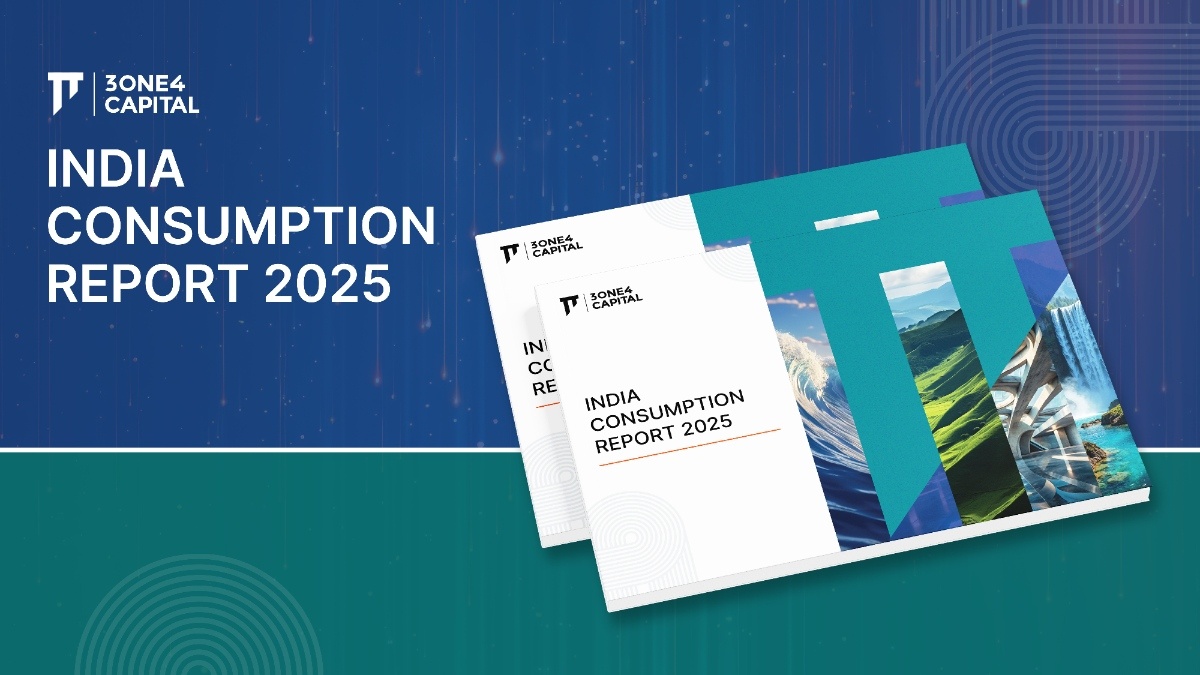
Start-up funding: High share premium is consequence of mathematics underpinning valuation
To paraphrase Hamlet, section 56: 2(viib) or not 2(viib), that is the question:
Whether ’tis nobler in the mind to suffer
The slings and arrows of outrageous fortune,
Or to take arms against a sea of troubles
This seems to be the question plaguing entrepreneurs all across India as many see looming tax bills of 30% of the amount of capital they’ve raised being levied against them. But to understand why the government seeks to tax capital receipts as revenue, we need to explore the context and history behind this section.
In 2012, during the UPA government’s tenure, India witnessed the introduction of the “angel tax” and Section 68 through the following words of Pranab Mukherjee’s in his last budget to Parliament, “I propose a series of measures to deter the generation and use of unaccounted money. To this end, I propose: Increasing the onus of proof on closely held companies for funds received from shareholders as well as taxing share premium in excess of fair market value”.
The reason for this harsh insertion was due to the Enforcement Directorate (ED) uncovering several transactions involving Jaganmohan Reddy wherein people had “paid bribe to Reddy in the form of investments at exorbitant premiums in his various companies to the tune of `779.50 crore apart from making payment of `57 crore to him in the guise of secondary purchases of shares and donations of Rs 7 crore to YSR Foundation” (bit.ly/2RxuZ9w).
To counter this, the 2012 Finance Bill had tabled exclusive measures to “prevent generation and circulation of unaccounted money”. This saw the introduction of a slew of measures such as sections 56(2)(viib), the taxation of premium in excess of fair market value, sections 68 and 69 for unaccounted cash credits and unexplained investments respectively, etc. The budget memo accompanying the insertion of these sections also states, “the pernicious practice of conversion of unaccounted money through masquerade of investment in the share capital of a company needs to be prevented”.
But is the legislative intent to tax unaccounted money received as premium or any and all share premium received by start-ups?
A legal test to analyse this comes from Heydon’s Rule (1584), which requires the consideration of four matters in constructing any piece of legislation and the the 2012 budget memo, Measures to prevent generation and circulation of unaccounted money, actually provides answers to all these questions:
What was the law before this enactment?
There was no single law before the enactment of these measures and, to cite the memo, “Certain judicial pronouncements have created doubts about the onus of proof and the requirements of this section, particularly in cases where the sum which is credited as share capital, share premium, etc”.
What was the mischief or defect for which the law did not provide?
The mischief for which the law didn’t provide was “the pernicious practice of conversion of unaccounted money through masquerade of investment in the share capital of a company”.
What was the remedy that the enactment provided?
The remedy the enactment provided was the insertion of section 56(2)(viib), 68, etc, to “deter the generation and use of unaccounted money”.
What was the reason for this remedy?The reason for this remedy was to create legislation and measures to “prevent the generation and circulation of unaccounted money”.
Thus, this begs the question: why is a law meant to prevent the conversion of unaccounted money being used against all start-ups raising capital from known sources through bank transfers? It is clear that the legislative intent is to prevent unaccounted funds from being laundered and not to tax any and all share premium as income.
Yet, this intent is being subverted and used as a weapon against all start-ups indiscriminately, purely on the basis of a high share premium. A high share premium is not the cause of a high valuation but the outcome of valid business decisions regarding the face value and capital base of a company. Furthermore, a relatively high share premium paid through accounted funds via bank transfers and proper compliance filings forms the antithesis of unaccounted funds that is at the heart of this legislation. This is best shown by the following example:
Start-up A chooses to begin its journey with an initial capital of Rs 1 lakh. The balance sheet after incorporation is in the attached graphic. Its financials before any funding round are also described in the attached graphic. Start-up A manages to attract angel funding at Rs 1 crore at a post-money enterprise valuation of Rs 10 crore (arrived at via discounted cash flows) from various angel investors.
– Share base: 10,000 shares
– Face value: Rs 10 each
– Post-money enterprise valuation: Rs 10 Crore
– Share issue price: 10 crore/10,000 shares = Rs 10,000
– Share premium: (issue price — face value) = Rs 9,990
The book value prior to funding would be determined as per the steps shown in the attached graphic and, post the Rs 1 crore round of funding, the financials would resemble the values as also shown in the attached graphic.
Thus, start-up A, with a net asset value of negative Rs 15, raised capital at a share premium of Rs 9,990, a difference of 666 times! This shows how a high share premium is the consequence of the mathematics underpinning valuation, not a cause of high valuations. In the zeal to snuff out black money, caution must be exercised so that genuine transactions don’t end up as collateral damage. After all, should the wicked consume the righteous?
___________________________________________________________________
This article was first published on January 8, 2019 in the Financial Express. Read the original article here.


.webp)












